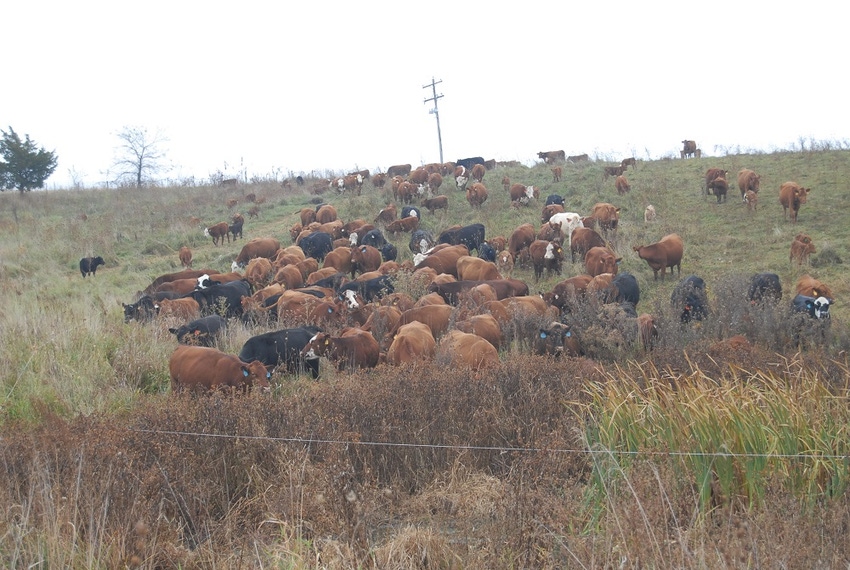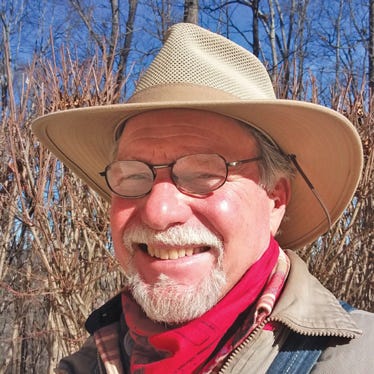
Much of the US is inundated with technology, some of which is really good; and that is the portion that tweaks and most closely mimics the natural Model.
Two related technological problems that come to mind are high-tech systems that have gone bonkers in the past 60 years at a cost that society cannot afford. One is farming/ranching. The other is the medical industry. Medical costs are projected to increase by another 5.5% annually for the next five years. Agricultural production costs are still skyrocketing.
High-tech farming and low-nutrient-density food closely parallel each other. The condition of low nutrient density feeds the flames of an out-of-control medical industry. The only persons who can afford either system are the indigent. They have zero to lose.
High-tech farming in the typical industrial model actually has been bankrupting soil since or possibly before the invention of the plow and flood irrigation.
Recently I read and re-read a column where a wannabe farmer from Wisconsin made the statement in bold print that “the worst excesses of mob grazing have fallen out of favor.” I doubt this fellow knows what mob grazing presently means. Maybe he should have attended our September 2016 grazing school. The term mob grazing, like the term sustainability, has been bastardized and is no longer a useful part of language and conversation.
High-density or adaptive high-density grazing are hopefully terms that refer to true natural modeling that will not be abused from context. But confusion and lack of understanding does certainly exist.
Remember that all of us have several attributes or demons that are similar:
We tend to justify our actions.
We tend to perform the tasks that we enjoy rather than enjoy what we are given to perform.
We tend to disagree with the Maker.
We tend to disregard principles we do not like or understand.
We tend to get bound in our own pride. By the way, ��“Pride comes before destruction.”
We look at the same systems and see totally different pictures.
None of us are as smart as we think.
The main truth we learn historically is that mankind learns very little from history.
If farming/ranching and food production does not result in soil improvement and the healing of the consuming patron, failure is inevitable.
The natural model hates simplification of the animal, plant and microbial population. "Traditional" agricultural practices that work against this principle are geared for failure.
Boom-and-bust production is the natural model. When anyone promotes a plan based on bunches of equipment, buildings, concrete and material handling, I recommend turning approximately 180 degrees.
About the Author(s)
You May Also Like






